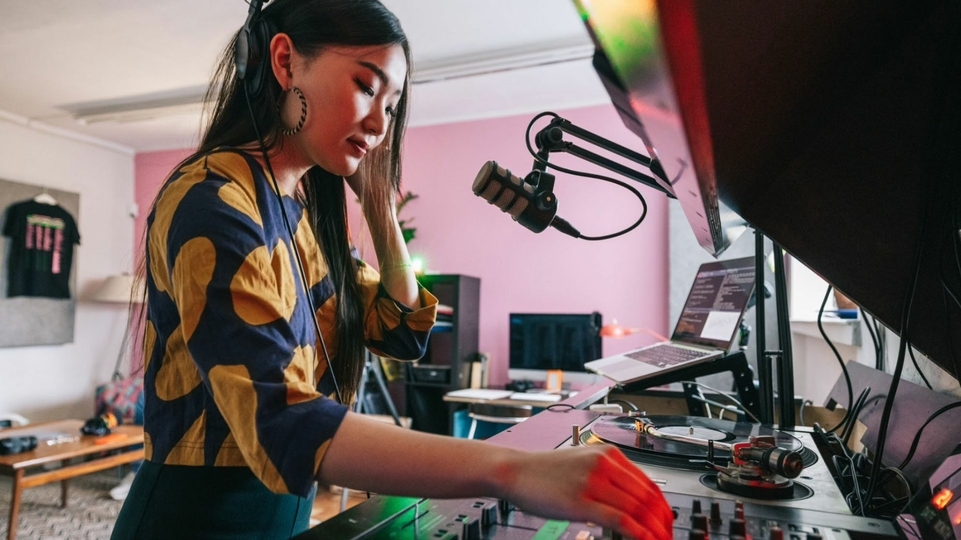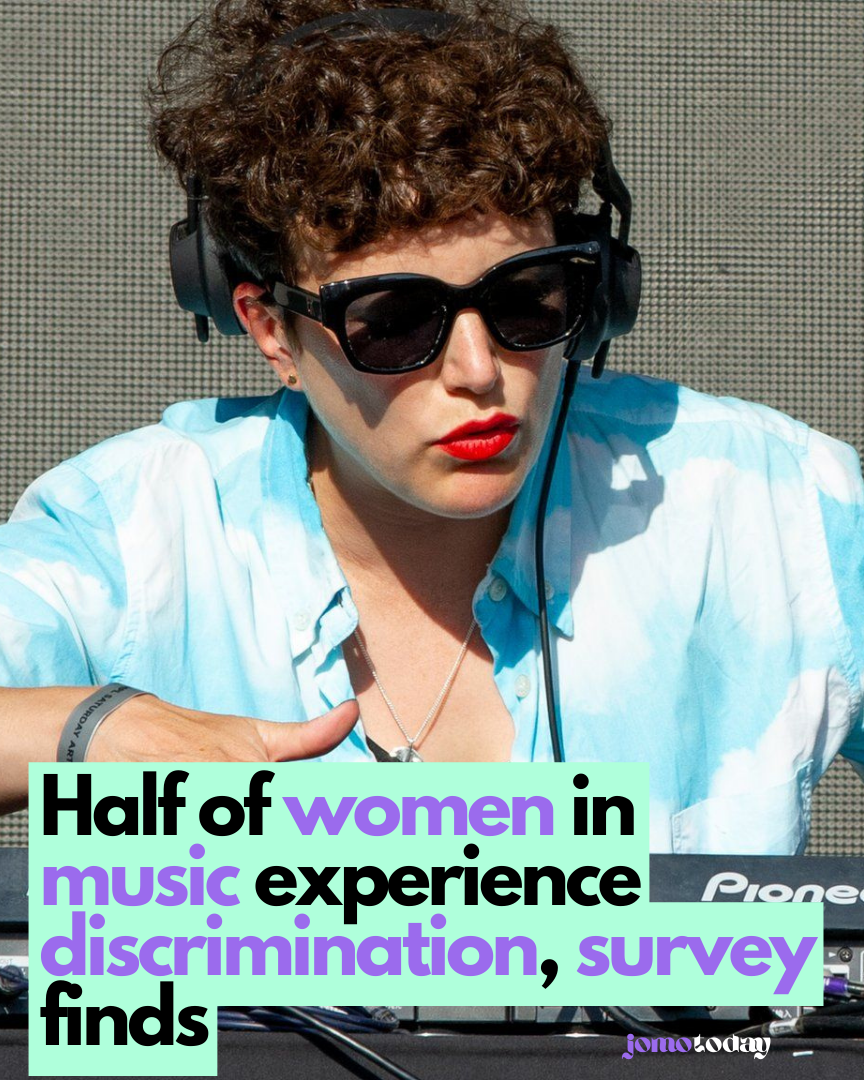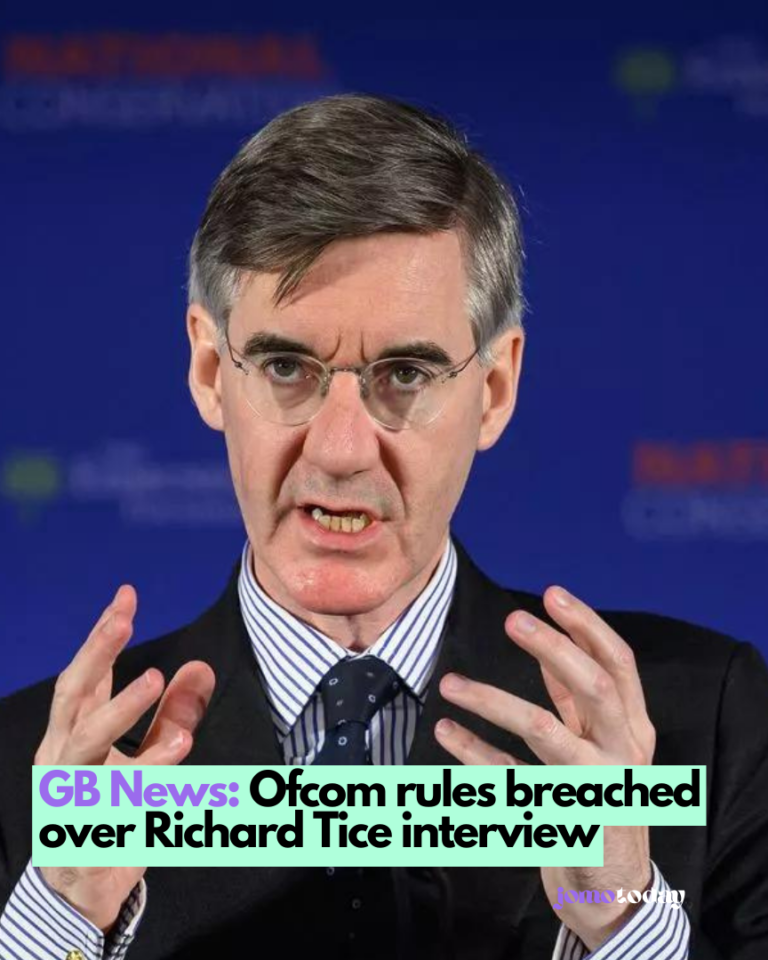A recent report reveals that half of female musicians in the UK experience discrimination, misogyny, and harassment. This highlights the ongoing challenges and obstacles faced by women in the music industry.

Misogyny and harassment are still major problems for female musicians in the UK, a new report finds.
According to the inaugural UK Musicians’ Census, conducted by the Musicians’ Union and Help Musicians, workplace sexual harassment affects one-third of women in the music industry, serving as a significant obstacle to their career advancement. Additionally, women encounter discrimination at a rate eight times higher than men, as revealed by the survey of over 6,000 music industry professionals, with 2,526 identifying as women.
The report highlighted disparities in pay and career longevity between men and women in the music industry, despite women often receiving higher levels of training and education. A significant portion of female musicians (27%) stated that their earnings from music were insufficient to maintain a sustainable career, exceeding the 20% reported by men. On average, women earn 10% less than men, with an average yearly income of £19,850 compared to £21,750 for their male counterparts.
The authors labeled the inequality as “disturbing,” emphasizing that women encountered deeply rooted, systemic obstacles hindering their advancement in their careers.
Nadia Khan, founder of the non-profit music development organization Women in CTRL, stressed the importance of the industry making authentic pledges and implementing decisive measures to avoid a recurrence of the findings.
“True progress can only be made by confronting these systemic issues directly and establishing a fairer environment for women in the music industry.”
The recent findings mirror those outlined in a report presented by Members of Parliament from the Women and Equalities Committee in January.
They characterized the music industry as a predominantly male-dominated sphere where sexual harassment and abuse are deeply ingrained, and urged for legislative measures to combat these issues.
The report, compiled by a bipartisan group of MPs, was the outcome of an investigation into misogyny within the music sector, which commenced in June 2022.
Testimonies were provided by individuals such as former BBC Radio 1 DJ Annie Macmanus, professionally known as Annie Mac, who highlighted a significant backlog of accounts detailing sexual assault within the music industry, describing it as a “tidal wave” awaiting disclosure.
During her testimony, the broadcaster and author recounted an incident involving a female photographer who accompanied an all-male band on tour, only to be dismissed from her position after rejecting advances from the lead singer.
Macmanus remarked, “She was in a no-win situation. If she had accepted his advances, she would have been terminated for unprofessionalism, and she had no desire to do so.”
Singer and former X Factor contestant Rebecca Ferguson testified that misogyny in the music industry was merely “the tip of the iceberg.”
She shared that she faced harassment from her management company when attempting to sever ties with them, revealing to lawmakers that employees “were instructed to sabotage my personal relationships [and] disregard calls from my children.”
Women who participated in the Musicians’ Census shared similar accounts, with 51% reporting instances of gender discrimination in their workplaces. A DJ based in the East Midlands disclosed experiencing sexual assault both on stage and while commuting home late at night. Similarly, a young musician from London expressed how harassment had negatively impacted her confidence and caused anxiety during performances. Additionally, the report underscored the distinct challenges women encounter in advancing their careers, especially concerning issues like childcare responsibilities and age discrimination.
“One anonymous respondent shared, ‘Since becoming a parent to my daughter, I’ve had to decline numerous job opportunities due to the unavailability and high cost of childcare. Consequently, I’ve noticed a decrease in job offers coming my way.’
A Scottish musician added, ‘I’ve faced discrimination throughout my career, particularly when I started as a DJ because I didn’t fit the stereotypical image expected of female DJs at the time. Now, as I’ve grown older, I encounter a different form of discrimination due to my age.’
The report highlighted gender stereotypes prevalent in various job roles. For instance, only 12% of studio engineers, 8% of rappers, and 24% of DJs are women, whereas women make up 59% of classical music roles.
Naomi Pohl, the general secretary of the Musicians’ Union, commented on these stories, emphasizing how they reflect the ongoing obstacles women face in the music industry. She advocated for improved pay gap reporting and urged the industry to prioritize transparency and enact meaningful change.”
This eye-opening statistic sheds light on the pervasive issue of gender inequality within the music world. From unequal pay to limited opportunities for leadership roles, the survey findings amplify the voices of those who have long been marginalized and silenced. It is a stark reminder that despite progress, the music industry still has much ground to cover in terms of creating a truly inclusive and equitable environment.
As we acknowledge these findings, it is crucial to continue conversations and take meaningful actions to address these systemic issues. Every individual deserves the chance to thrive based on their talent and hard work, rather than facing obstacles due to their gender. Together, let’s champion change and create a music industry that is fair and empowering for all.
Read More: Olivia Colman: I’d be paid more if I was Oliver
Disclaimer:
This content is AI-generated using IFTTT AI Content Creator. While we strive for accuracy, it’s a tool for rapid updates. We’re committed to filtering information, not reproducing or endorsing misinformation. – Jomotoday for more information visit privacy policy






Leave a Comment